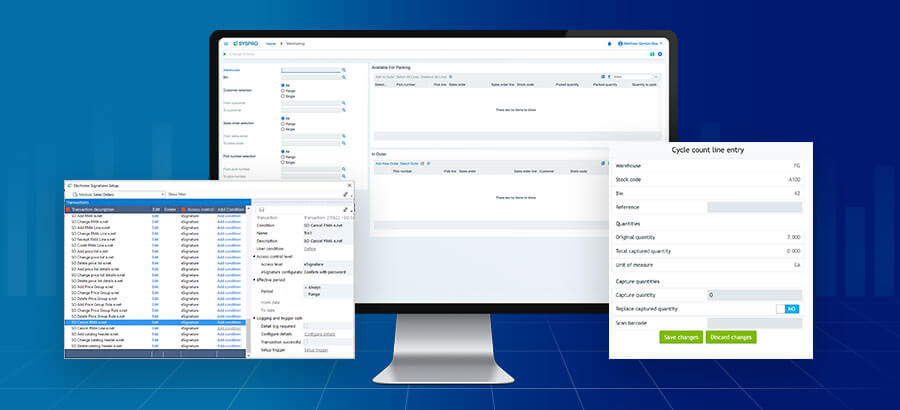“The future is no longer what it used to be” is a quote attributed to Paul Valéry describing the dramatically changed worldviews and new emerging mindsets that arose after the First World War. Many businesses are now facing a situation where their old assumptions are being challenged, and the rules of the old game are becoming obsolete.
For years, the typical bureaucratic organization was designed to reduce risk in its operations and to be able to scale incrementally. Businesses could grow simply by making slightly better versions of existing products. We no longer live in that traditional incremental world. Technology has shifted the pace of change from incremental to exponential.
Now in 2021, there are strong indications that organizations are looking at how their business models will be changing as the world becomes increasingly digital. How to do this in a cost-effective and realistic way is why so many businesses are considering the cloud.
The cloud for manufacturing business decision-makers
Manufacturers have realized that they need to compete on speed and agility these days, rather than size. One of the big questions related to that is how to innovate and grow in today’s high-intensity digital economy. Increasingly it is being shown that cloud applications provide a way of addressing market needs:
- Manufacturers are learning that cloud applications make it easier to leverage the deluge of data that’s coming in from connected sensors in their factories, inventories, and raw materials, and from signals along the supply chain.
- Cloud also allows manufacturers to adopt best practice standards around security and governance
- For enterprises with geographically distributed manufacturing operations, cloud-based systems can enable a world in which the performance of manufacturing processes, programs and product lines is available in real-time, from anywhere, at any time. At the same time, cross collaboration is enabled both internally and externally
- The days of mass production strategies are drawing to a close. It is now customers, not production efficiency, which defines the future of a manufacturer. Cloud computing makes it possible for the most relevant data to be used to define new performance indicators and metrics so manufactures can expand into new markets.
- Cloud computing services are also making it possible for manufacturers to design new supply chain networks, and make sourcing decisions quicker and better.
In the current new normal, manufacturers looking to develop new business models and enter different markets are starting to adopt cloud computing applications so they can focus their operations around the customer.
The cloud for manufacturing IT decision-makers
IT executives in manufacturing businesses are being challenged to adopt technology in ways that are much faster than anything they have done before. They are responsible for developing digital capabilities, automating workflows, and breaking down data silos to enable information flows to bring new insights and ideas. For an IT decision-maker, cloud deployments make sense for several reasons.
- It is becoming easier to integrate different applications via the cloud than it was with on-premise systems. The ability to connect internal systems, and maybe more importantly, external systems is a requirement for a manufacturer who wants to operate successfully in a post-COVID world. Cloud applications are both adaptable and expendable, allowing for the opportunity to plug into a variety of APIs
- Cloud also removes the burden of managing physical software updates or the need to plan for downtime
- Cloud solutions free businesses up from having to deal with the daunting task of creating and supporting on-premise software. Cloud also removes the reliance on internal or specialist resources as the service-provider provides this
- When a business considers moving its ERP to a cloud system, business and IT decision-makers need to confirm that both types of ERP solution work and look the same. If not, a big change management project will be required to help staff transition to a different way of using the system.
Become digitally fortified
The pandemic has taught us that those businesses fortified by digital technology were more resilient and more capable of transforming when faced with major changes in the work- and market-place.
Manufacturers, especially in the SMB sector, now need to decide how to effectively allocate scarce funds to ensure the business is digitally enabled to grow. The key to success in this new digital era is selecting an ERP platform designed for manufacturers that is cost-effective, scalable, secure, and allows adoption of new technological capabilities. The cloud is the best strategy to enable business growth and explore new opportunities.
By relying on cloud-based service providers – for standard, commoditized services as well as leading-edge services – business leaders can better focus their organizations on those services that provide truly differentiated business value.






